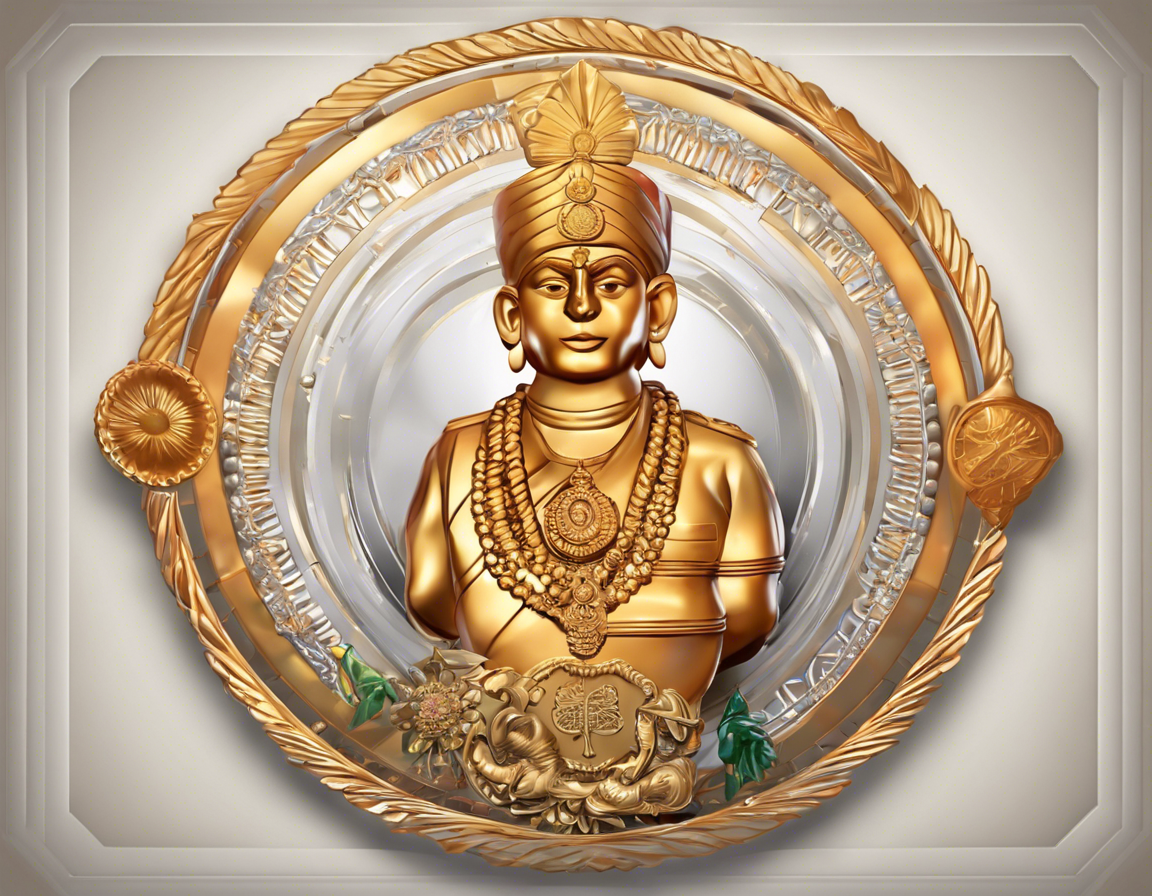Introduction Bharat Ratna, translated as "Jewel of India," is the highest civilian award in India. Established in 1954, Bharat Ratna is conferred in r
Introduction
Bharat Ratna, translated as “Jewel of India,” is the highest civilian award in India. Established in 1954, Bharat Ratna is conferred in recognition of exceptional service or achievement in any field of human endeavor. Over the years, this prestigious award has been bestowed upon individuals who have made significant contributions to the progress of the country and the betterment of society. In this article, we will delve into the history, selection criteria, notable recipients, controversies, and the impact of Bharat Ratna on Indian society.
History of Bharat Ratna
The idea of a civilian award to recognize outstanding contributions to society was first mooted by India’s first President, Dr. Rajendra Prasad, in 1954. The original design of the award was inspired by the British Order of Merit and the American Medal of Freedom. The first three recipients of the Bharat Ratna were Dr. Sarvepalli Radhakrishnan, C. Rajagopalachari, and Dr. C. V. Raman, who were honored for their exceptional achievements in philosophy, politics, and science, respectively.
Selection Criteria
The Bharat Ratna is awarded by the President of India and recommendations for the award can be made by the Prime Minister, Ministers, Members of Parliament, State Governors, and Chief Ministers. The recommendations are then reviewed by a committee comprising the Prime Minister, the Leader of the Opposition in the Lok Sabha, and the Chief Justice of India. The award is given in recognition of exceptional service or performance of the highest order, without distinction of race, occupation, position, or sex.
Notable Recipients
Over the years, the Bharat Ratna has been awarded to a diverse group of individuals from various fields including politics, literature, science, arts, and social work. Some of the notable recipients of the Bharat Ratna include:
- Mother Teresa – Renowned for her humanitarian work and dedication to the poor and destitute.
- A. P. J. Abdul Kalam – Former President of India and a renowned scientist known as the “Missile Man of India.”
- M. S. Subbulakshmi – Legendary Carnatic vocalist and the first musician to receive the Bharat Ratna.
- Aruna Asaf Ali – Freedom fighter known for her role in the Quit India Movement.
- Lata Mangeshkar – Iconic playback singer and one of the most respected voices in Indian music.
Controversies Surrounding Bharat Ratna
While the Bharat Ratna is considered a prestigious award, it has not been immune to controversies. Some critics argue that the selection process is often influenced by political considerations or favoritism. Others believe that certain deserving individuals have been overlooked for the award. Additionally, the posthumous conferment of the award has also sparked debates, with some questioning the rationale behind honoring individuals after their demise.
Impact on Indian Society
The Bharat Ratna serves as a symbol of national pride and excellence, honoring those who have made extraordinary contributions to the country. The award not only recognizes individual achievements but also inspires future generations to strive for greatness in their respective fields. The recipients of the Bharat Ratna serve as role models for the nation, embodying the values of dedication, service, and excellence. The award also plays a crucial role in preserving and promoting Indian heritage, culture, and traditions.
Frequently Asked Questions (FAQs)
-
Who can be nominated for the Bharat Ratna?
Individuals from any field of human endeavor, including politics, science, arts, literature, social work, and public service, can be nominated for the Bharat Ratna. -
Can the Bharat Ratna be awarded posthumously?
Yes, the Bharat Ratna can be awarded posthumously in recognition of exceptional service or achievement. -
How many times can a person receive the Bharat Ratna?
There is no limit to the number of times a person can receive the Bharat Ratna. However, in practice, individuals are typically awarded the honor only once. -
Is the Bharat Ratna awarded only to Indian citizens?
Yes, the Bharat Ratna is exclusively awarded to Indian citizens for their exceptional contributions to society. -
Are there any monetary benefits associated with the Bharat Ratna?
While there are no cash rewards associated with the Bharat Ratna, the recipients are given a medal and a Sanad (certificate) by the Government of India.
In conclusion, the Bharat Ratna stands as a testament to India’s rich heritage, diversity, and spirit of excellence. By honoring individuals who have made remarkable contributions to the nation, the award embodies the values and aspirations of a thriving democracy. As the highest civilian honor in India, the Bharat Ratna continues to inspire and celebrate the best in Indian society.


COMMENTS